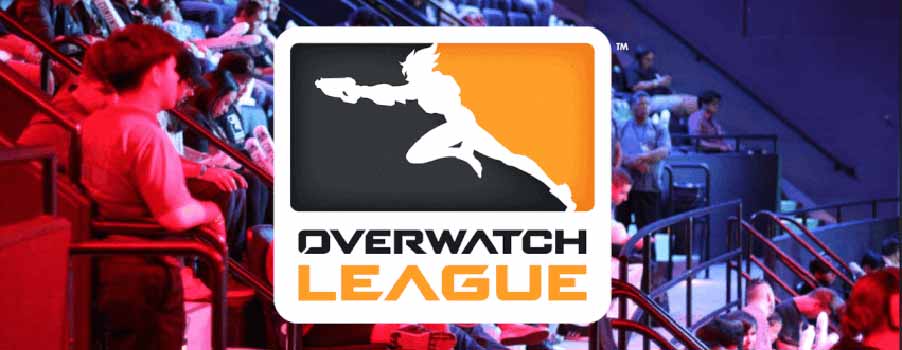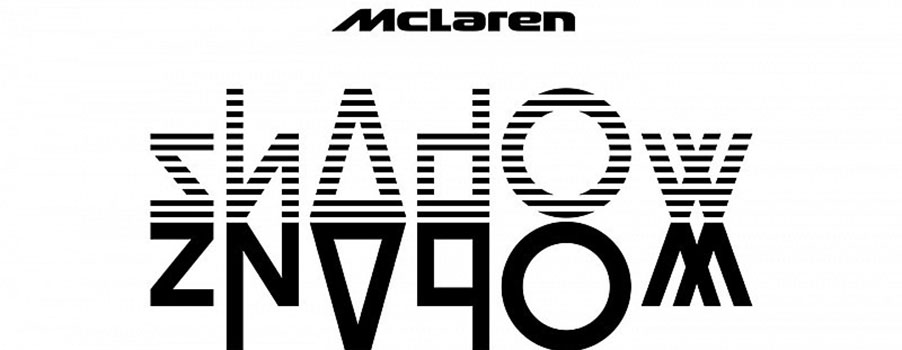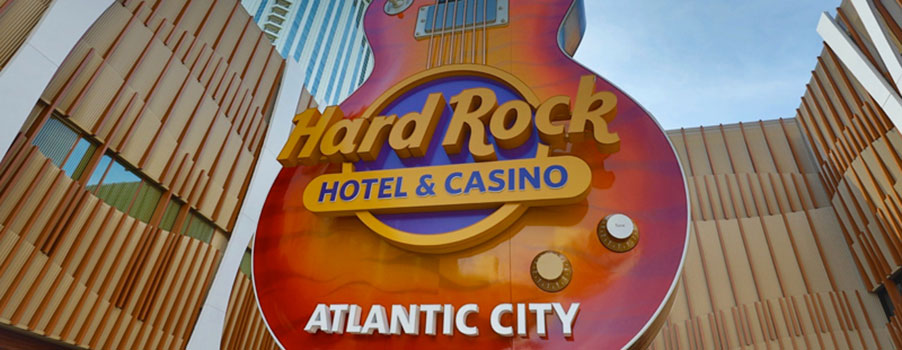Last Friday, after an incredibly long period of pessimistic speculation and uncertainty pertaining to the future of Pennsylvania’s online gambling industry, three casinos finally made the move to forward their applications for the first online gambling license. The casinos, Poconos-based Mt. Air, Parx Casino in Bethlehem and the Stadium Casino that is yet to be built in Philadelphia all hope to offer online gambling services in the near future. This, in essence, sets the ball rolling on the launch of legalized online casino gambling in the Keystone State which in the past couple months seemed to be almost stagnant.
According to Douglas Harbach, the Pennsylvania Gaming Control Board (PGCB) spokesperson, the three casino operators each filed a petition for the $10 million licenses on Friday. The licenses will allow them to offer interactive online gaming in three categories: non-peer-to-peer interactive table games; peer-to-peer interactive games like poker; and interactive games that simulate slot machines.
The license application period for all three categories of internet casino games remains open till Monday, July 16 for all of the Keystone State’s 13 casinos. When this period finally elapses on Monday, the next stage will come into play – the 13 casinos will have a month from July 16 to apply for any of the individual gaming categories for $4 million each. In case there are any more remaining licenses after August 16, the PGCB will then open the application process to the qualified operators who do not have Pennsylvania Casino licenses.
Things Are Looking Up for Mt. Airy
Even though it is the smallest Category 2 casino in the state, Mt. Airy has some pretty huge ambition and plans to boot. The casino took its first step towards conquering the online space in 2014 when it partnered with the 888. Since then both 888 and Mt. Airy have only been able to serve as promotional partners before things took an unexpected but welcome turn in October 2017 when Pennsylvania legalized interactive gaming last year.
Other than 888, Mt. Airy has also partnered with PokerStars – both partnerships will certainly include portions of the revenue from the skins attached to the licensee’s name. In fact, the partnerships will also go a long way in helping Mt. Airy to tap into other markets outside the Keystone State.
Doors Open for Sports Betting License Applications
Another highlight this week for the Pennsylvania gaming industry was a move by the state regulator to finally begin the process of sports-betting licensing. This was announced PGCB officials who clarified that the entities that could apply for the sports betting licenses included device or equipment manufacturers, sports betting system operators and other related service providers.
Even so, the 13 Pennsylvania casinos are yet to forward applications for the sports betting licenses, just like it was the case with online gambling. This is probably due to the $10 million upfront cost and the accompanying 36 percent state and local tax rate that the sports wagering operators will have to pay in the state. Obviously, a compromise on either side will have to be reached but until then, we will just have to wait and see.










